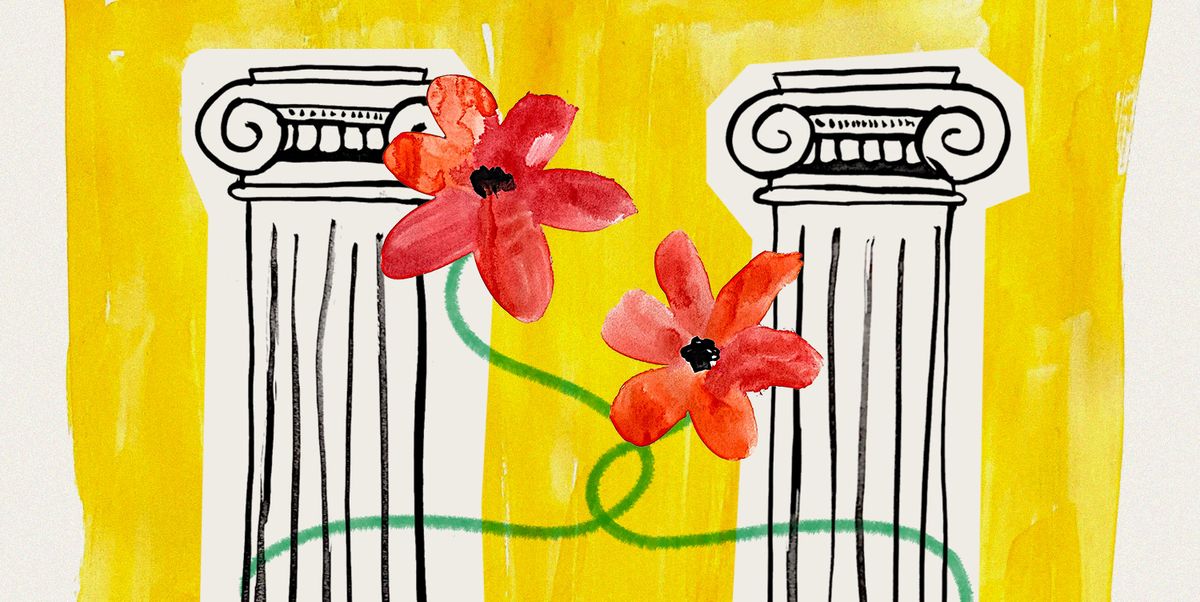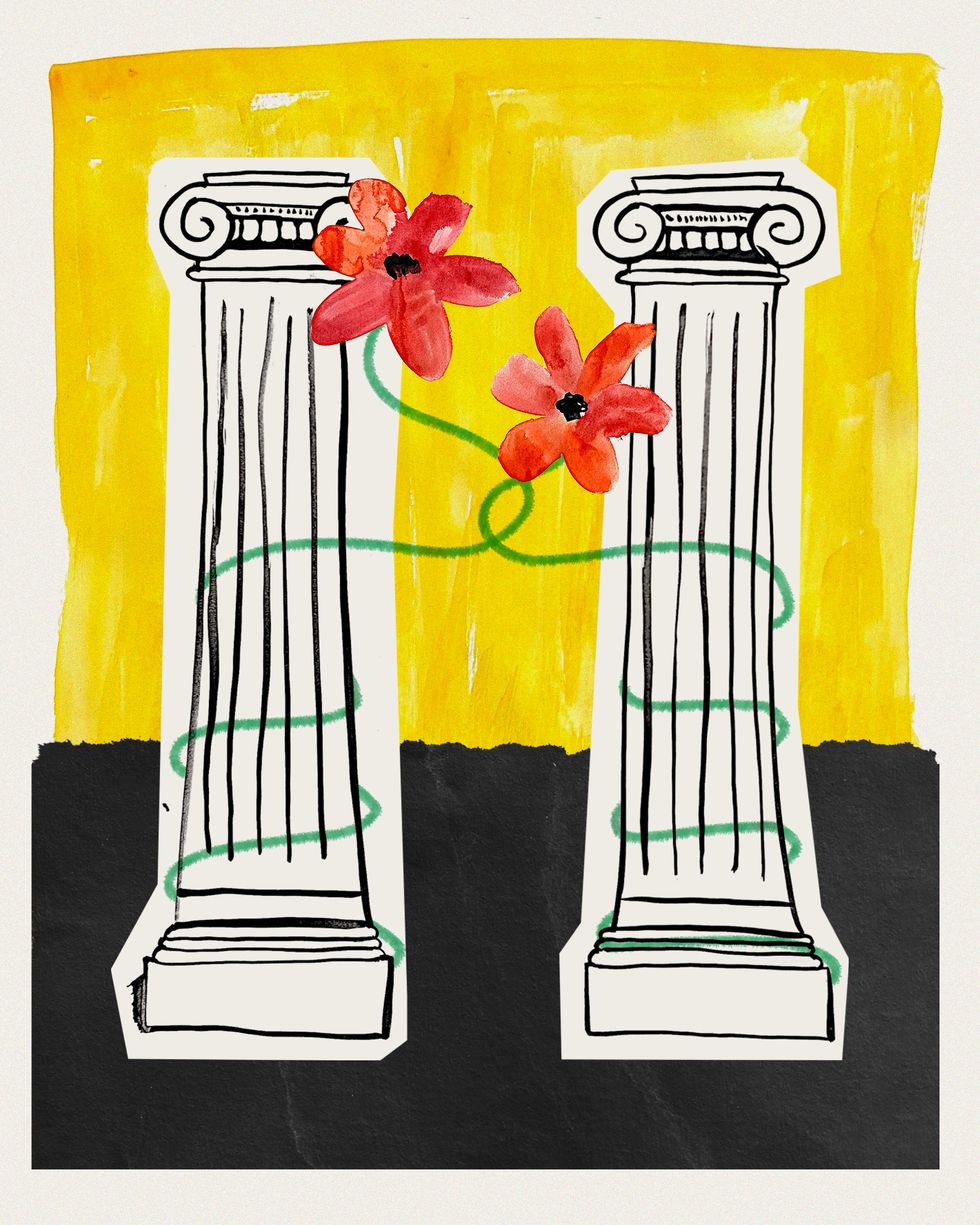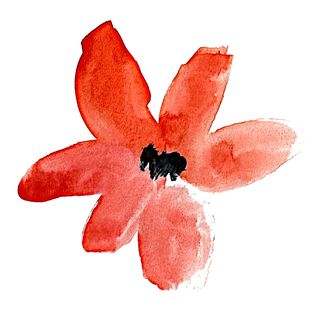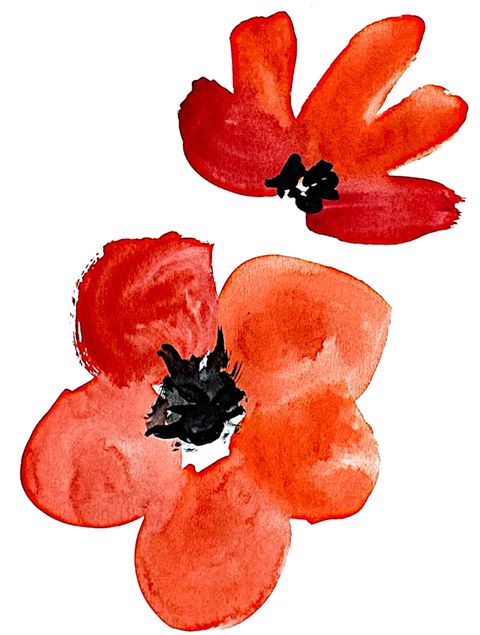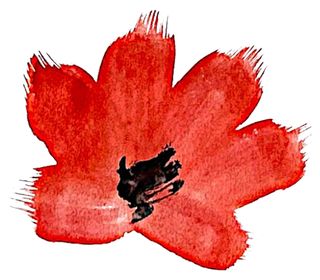“Who let those dykes in here?” a sorority sister asked, pointing at me and Alissa from across the dining room. Earlier that day, we had become the unwitting targets of a “dyke” rumor that spread like wildfire to the entire sorority. As we shoveled baked spaghetti onto our plates in shame, another sister assured us she didn’t believe it. The irony of that moment is that Alissa and I weren’t even dating yet. We hadn’t had our first kiss or held hands, but the chemistry between us was palpable enough that our sisters could sense it. Guess I wasn’t hiding my feelings well enough.
I can do better, I thought, berating myself and making a mental list of guys to publicly kiss the following weekend.
In another lifetime, maybe our sorority sisters would have teased us to “get together already.” But in our Southern sorority in the late aughts, it was unacceptable. Despite being submerged in the pain and humiliation from the original rumor and subsequent ones to follow, Alissa and I fell in love.
For the past decade, I’ve recounted our origin story with levity. I tell people we initially found having a secret relationship thrilling. Some of that is true, but in reality, we were hiding. Feeling like you need to conceal who you are—and the person you are falling in love with—is scary and dehumanizing. It’s also heartbreaking to fall in love for the first time with no one to witness it.
By the time I rushed in the fall of 2007, my sophomore year, I knew I preferred kissing girls, but I had convinced myself I could tuck that truth away until graduation. Radford University, my undergraduate alma mater in Virginia, is a small state school nestled in the New River Valley near the Blue Ridge Mountains, less than 200 miles from the West Virginia border. The town was predominately white and conservative, both in religion and politics. While the campus contained pockets of left-leaning organizations, it wasn’t a place known for its highly visible or diverse queer scene.
At an off-campus party during my first week of freshman year, I overheard a boy casually, and extremely comfortably, call someone a “kike.” I had grown accustomed to being one of just a few Jewish students at my high school outside of Richmond, but I had never encountered emboldened hatred toward Jewish people. While the culture shock in college made me uncomfortable, I didn’t let it show. I learned to shut up, smile, and keep my otherness to myself. At 19, I more or less looked the part of a typical southern college girl. And aside from hiding my sexuality, I was generally enjoying being on my own for the first time.
When I was initiated, I promised myself that I’d stop kissing girls when I got drunk. I promised myself that I’d focus on fitting in and having cool frat guys think I was hot. At the time, I hadn’t examined why I thought I wanted that attention; I hadn’t learned about compulsive heterosexuality, which can cause people, especially women, to assume they are interested in male attention.
For a few weeks I made friends with the older sisters, snorted cheap cocaine, binge drank, and took on hazing like it was my sport. I fucked frat guys without catching feelings, as only dykes can, and was rewarded with emotional high fives from my sisters along the way. For a moment, I was the embodiment of the “cool girl” monologue from Gone Girl. The fake version of myself felt like she belonged.
But the rules I thought I understood quickly turned against me. When Alissa and I started hooking up, I kept seeing random guys to save face. She accepted it, which allowed us to pretend our feelings weren’t as serious as they were. Looking back, I hate that I felt the need to push against my natural feelings of attraction.
During my spring semester, I hooked up with a boy from a popular fraternity. I assumed it would earn me social credit. In a not-so-shocking turn of events, he announced our hookup at his next chapter meeting, which was met by roars of approval. Not one older sorority sister comforted me or even asked about it. I was humiliated, but I welcomed the reprieve of being called a slut instead of a dyke.
Shortly after that, I stopped forcing myself to feign interest in guys. It became harder to fake it after Alissa and I started saying I love you. The two of us began spending most of our free time together, locked away in her bedroom making out as girls fluttered throughout the sorority house around us.
One night, Alissa and I crashed a random house party with a group of our friends. The seductive boom of ‘90s R&B, and memories of middle school dances lured us inside. Unlike the sweaty, grinding basement parties we were used to, everyone here danced in an almost juvenile way. The energy reminded me of being 13 years old at a Bar Mitzvah after-party. Our friends disappeared inside, getting drinks and flirting with the onslaught of new guys. Alissa and I found our way into the middle of the room and started dancing together.
Nothing about us that night would have raised an eyebrow, but to me it felt electric. We stayed on the dance floor for over an hour. Alissa twirled around me and rapped every word to Notorious BIG’s “Juicy,” while I laughed, astonished at the juxtaposition between her jean skirt preppy style and ability to seamlessly rap. Whitney Houston’s “I Wanna Dance with Somebody” played, and she grabbed my hands, twisting me back and forth. This moment was what I wanted my life to feel like. A desperate part of me hoped someone might notice we were in love.
After graduation, Alissa and I separately battled our own coming-out journeys. It took another three years for our relationship to be fully public. Alissa’s best friend from the sorority came to visit us a few months after we confided in her. We knew it might initially be awkward, but we weren’t expecting her to say that she didn’t accept it or announce, while we were all drunk at a club, that she would pray for us.
Queer people are master survivors, and a large part of that survival is storytelling, specifically how we craft our own narratives. It has been easier for me to spin our origin story, to myself and others, as a lighthearted, even funny tale. But the truth is that falling in love secretly is daunting. The good thing about stories is that they are ongoing, and luckily there are now parts of ours that are wholly joyful.
In 2015, the year we got married, I found myself thinking about happy queer endings that have been lost to history—generations of gay love stories gone, all because queer people haven’t historically had families that were acknowledged by their own families and communities. It is a hole in this country’s history that I was determined to fill with flowers, good wine, music, and lots of dancing.
During cocktail hour, guests joked about how the rabbi pronounced the word huppah, which has turned into a lasting family joke. Our DJ, who was supposed to play us into the ceremony, was late, taking a phone call and smoking a cigarette outside the venue while we stood inside. Alissa cried during the entire ceremony. In every photo from our exchanging of vows, she is wiping her eyes or has tears on her cheeks. During the reception, Alissa and I were one of the last couples on the dance floor, and this time I knew everyone could really see us. Our wedding day is woven into history.
A story for everyone to remember.
Freelance Writer
Samantha Mann is a Brooklyn-based essayist. She has written for Vogue, The Cut, ELLE, The Huffington Post, and others. She is the author of Putting Out: Essays on Otherness and the editor of the anthology, I Feel Love: Notes on Queer Joy. Find out more about her work: www.samantha-mann.com
